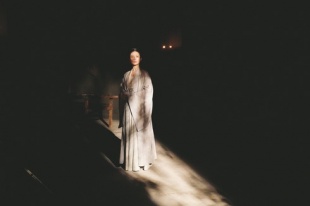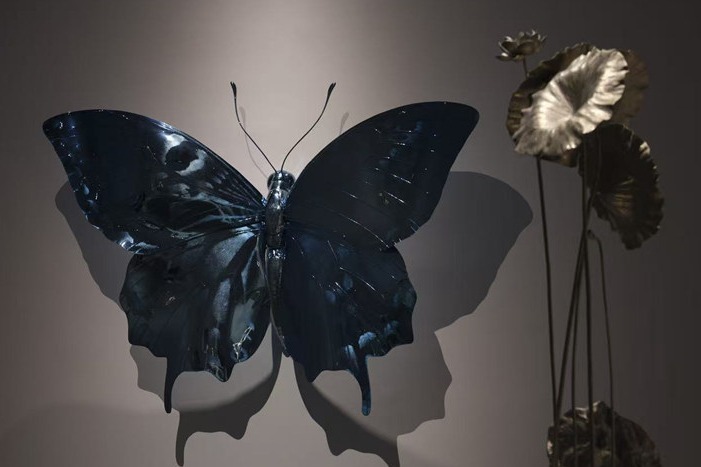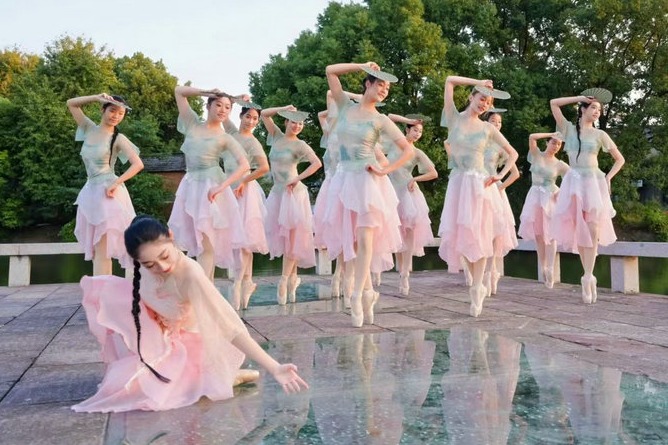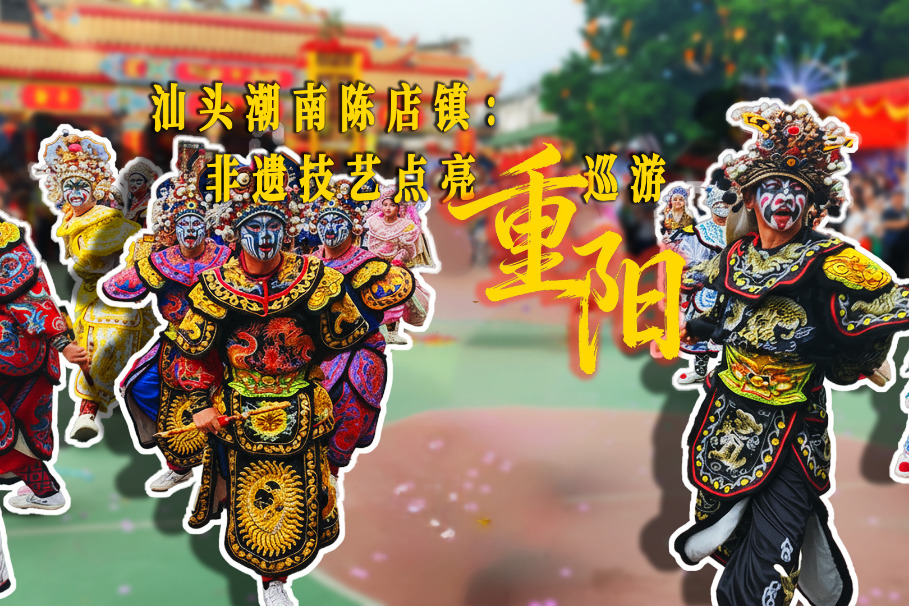Quiet voices, lasting legacy: Women who shaped literary heritage

Throughout history, women have created extraordinary literary works that capture the profound depths of human experience. While historical records often highlight political changes and military campaigns, women's writing reveals a different perspective - one that lives in the subtle moments between major events, in the nuanced language of human relationships, and in the resilient spirit that endures through personal and societal challenges. From ancient China to cultures across the world, female writers have established an enduring conversation across centuries, offering us timeless insights into what connects us as human beings.
Echoes of history and heart
During the turbulent final years of China's Eastern Han Dynasty (25-220 AD), poet Cai Wenji created one of literature's most powerful testaments to human resilience. Her Poem of Sorrow and Anger bears direct witness to the human cost of conflict, giving voice to those silenced by war's devastation.
Centuries earlier in ancient Greece, Sappho composed verses that would echo through millennia. Her exploration of love's transformative power remains strikingly contemporary. Where Cai documented history's external scars, Sappho mapped the interior landscape of human emotion. Together, they represent two essential dimensions of women's literary contribution: bearing witness to historical truth while exploring the deepest realms of human feeling.
Wisdom in life's subtle changes
Sometimes the most profound insights emerge not from grand events, but from careful attention to life's small transformations.
The renowned Song Dynasty poet Li Qingzhao (1084-1155) demonstrated this truth masterfully. In her poetry, she finds cosmic meaning in nature's seasonal changes, demonstrating how women's writing often discovers the extraordinary within ordinary moments.
Similarly, American poet Emily Dickinson (1830-1886), writing from her family home in Massachusetts, discovered liberation in creative anonymity. Her work celebrates the freedom found outside public recognition, suggesting that true connection often happens in life's quiet spaces.
The universal language of women's literature
The enduring power of women's writing lies in its commitment to emotional truth. While history books tell us what happened, women's literature shows us how it felt to live through those experiences.
These writers and countless others have created what we might call an alternative history - not of empires and conquests, but of the human heart in all its complexity. They remind us that the most personal stories frequently reveal the most universal connections, and that the quietest voices often carry the most profound truths.
In a world that often privileges power over subtlety, women's literary heritage offers us a different way of seeing - one that values connection over conquest, and finds in life's quietest moments its deepest meanings.
The contemporary continuation
Today, this legacy continues as contemporary women writers across China and the world build upon this rich foundation. Their works continue to give voice to the full spectrum of human experience, ensuring that the quiet but powerful ink of women's writing remains an essential part of our shared cultural heritage.
The development of women's literature aligns with China's commitment to gender equality and women's all-around development - important aspects of Chinese modernization. By honoring these literary traditions, we recognize how women's voices have contributed to our collective understanding of the human condition.
Rya Zhu, as a playwright, writer, and translator, brings narrative depth to the exploration of cultural heritage.





































